Should you learn acoustic guitar before electric guitar? Plus 3 other beginner guitar myths busted
Beginner guitarists often wrestle with this age-old question, so we’re here to answer it once and for all – as well as a few others

Okay, so you’ve decided to learn the guitar – now it’s time to select your weapon of choice. You are probably aware that guitars come in two main flavors – electric and acoustic – and which you choose can drastically change how you learn the instrument.
So today, we’re going to clear up some common myths surrounding your choice of beginner guitar and help equip you with the knowledge you need to make an informed decision as to whether to go for a beginner acoustic guitar or a beginner electric.
For us, we believe that your preference of guitar is unique to you and should be informed by factors such as the style of music you want to play, budget, and the overall feel of the instrument. So with that in mind, let’s take a look at a few common misconceptions about beginner guitars and the truth behind them.
Myth 1: You should always play acoustic before the electric guitar
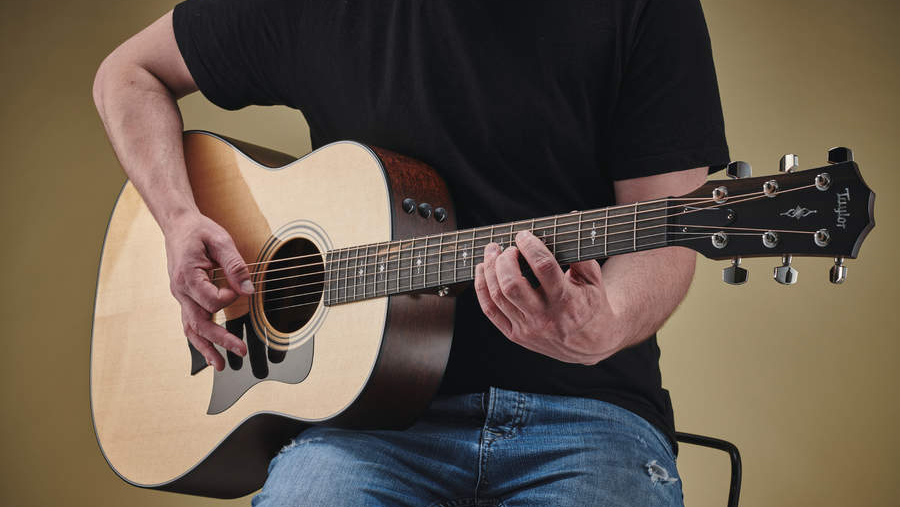
Many players and teachers think that it’s better to start with an acoustic instrument and, once you have the fundamental techniques down, graduate to the electric guitar. While there is certainly an argument to be made for this approach, we disagree with this school of thought.
We advocate for every student to embark on their musical journey with the instrument that sparks the most excitement in them. Do you dream of following in the footsteps of Ed Sheeran or Taylor Swift? Then an acoustic guitar is likely your best starting point. Similarly, if you aspire to emulate the likes of Slash, Hetfield, or Matteo Mancuso, an electric guitar is your gateway.
You should choose the guitar that will best allow you to mimic your heroes – as let's face it, that was the spark that ignited your new burning passion for guitar in the first place.
Myth 2: Electric guitars are always easier to play
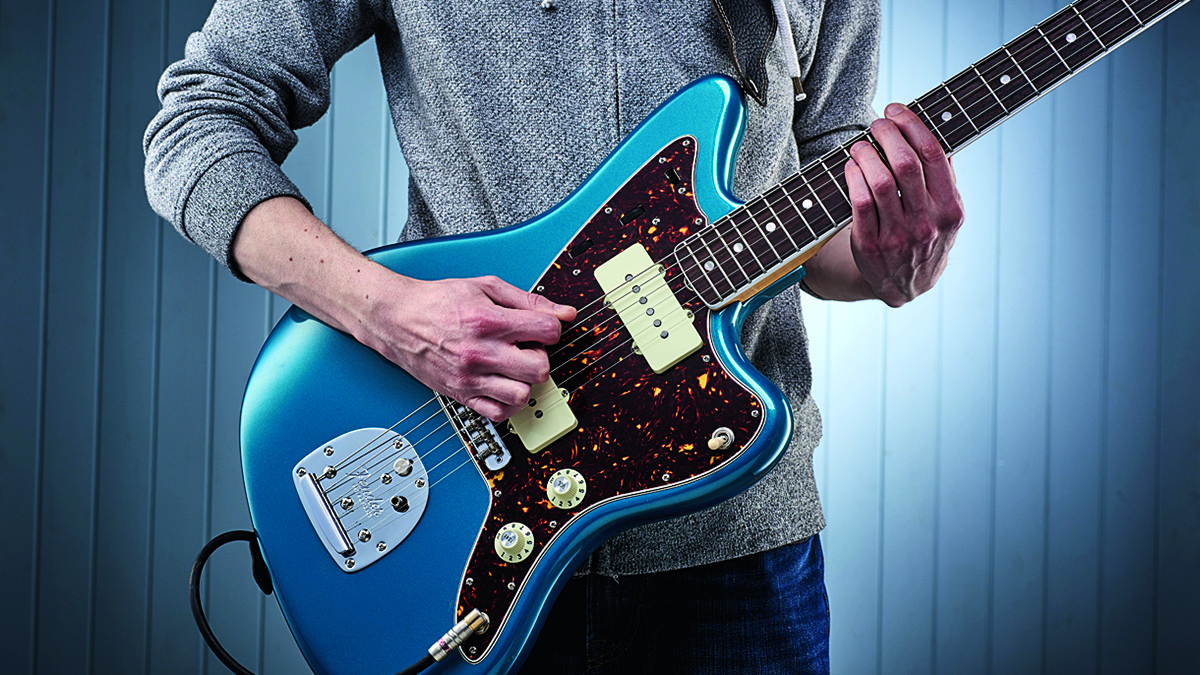
At a basic level, it's true that electric guitars can be more user-friendly than their acoustic counterparts. Electric guitars typically feature lighter gauge strings, like 9s or 10s, in contrast to the heavier sets, such as 11s, 12s, or even 13s, used on acoustic guitars. This difference in string tension can indeed make electric guitars easier to play.
Get The Pick Newsletter
All the latest guitar news, interviews, lessons, reviews, deals and more, direct to your inbox!
Nevertheless, it’s crucial to understand that the setup of a guitar significantly impacts its playability. A meticulously set-up acoustic guitar with a comfortable action and flawless fretwork will consistently outshine a poorly set-up electric guitar.
So our advice would be to play both and see which feels better to you – and don’t assume that just because one guitar is electric, it will automatically feel easier to play. When testing, pay close attention to the string height – known as the action – as well as the thickness of the neck and how the guitar feels to hold.
Myth 3: Acoustic guitars are always cheaper
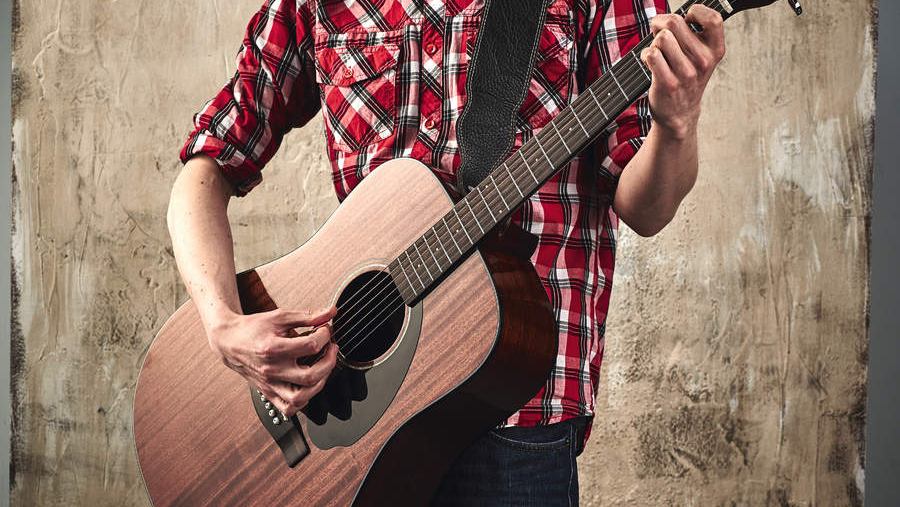
Okay, this one used to be true, but nowadays, it’s possible to pick up either an acoustic or an electric guitar for very little. We think this myth stems from the fact that with an electric guitar, you need to buy additional equipment such as a beginner amplifier and cable. However, the majority of companies offer starter packs that bundle the guitar with everything you need to get playing, including the amp. This convenient option takes away the hassle of buying each item separately, making it easier for you to start your musical journey – and often cheaper than paying for the items separately.
So, if you've been deterred from playing the electric guitar due to its perceived high cost, it's time to reconsider. The market is filled with affordable and high-quality options.
Myth 4: All beginner guitars are terrible

Maybe 30 years ago, this wouldn’t have been a myth but a hard fact, but not now. Beginner guitars evolved into instruments of higher quality while maintaining their affordability, so much so that the term 'beginner ' guitar is becoming obsolete. These guitars are now simply good quality, affordable instruments, perfect for new players who want a great instrument without a hefty price tag.
We have seen increasing reports that many players have taken to using “beginner” grade guitars such as the Squier Stratocaster live and on tour. So, with that in mind, we think the days of bad beginner guitars are well and truly over.
Beginner guitar recommendations
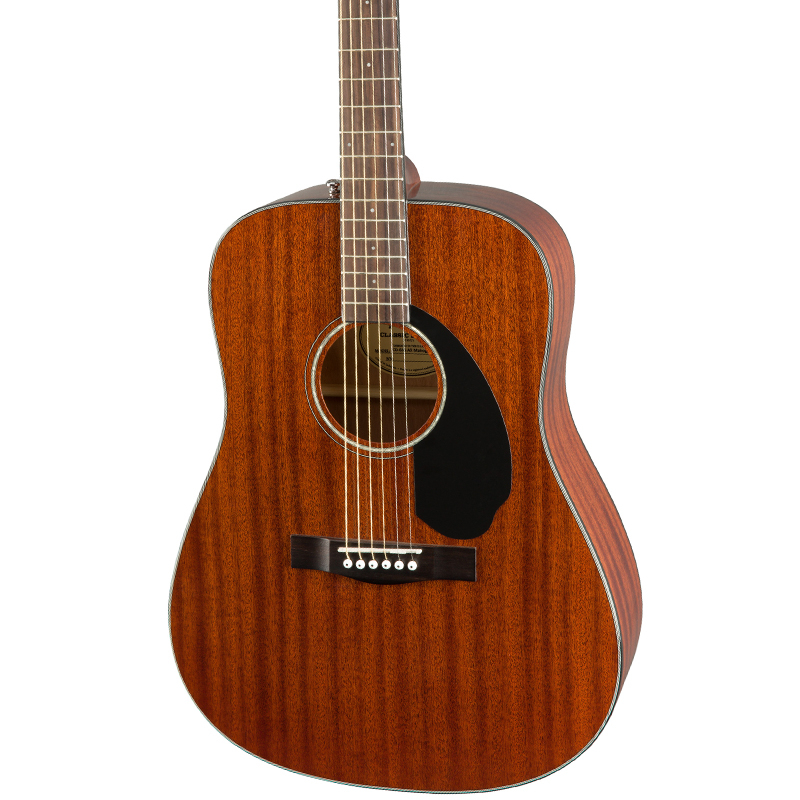
This Fender acoustic guitar offers high-quality construction and great sound at an affordable price. Our tests revealed that its all-mahogany build delivers a rich, well-rounded sound and comfortable playability.
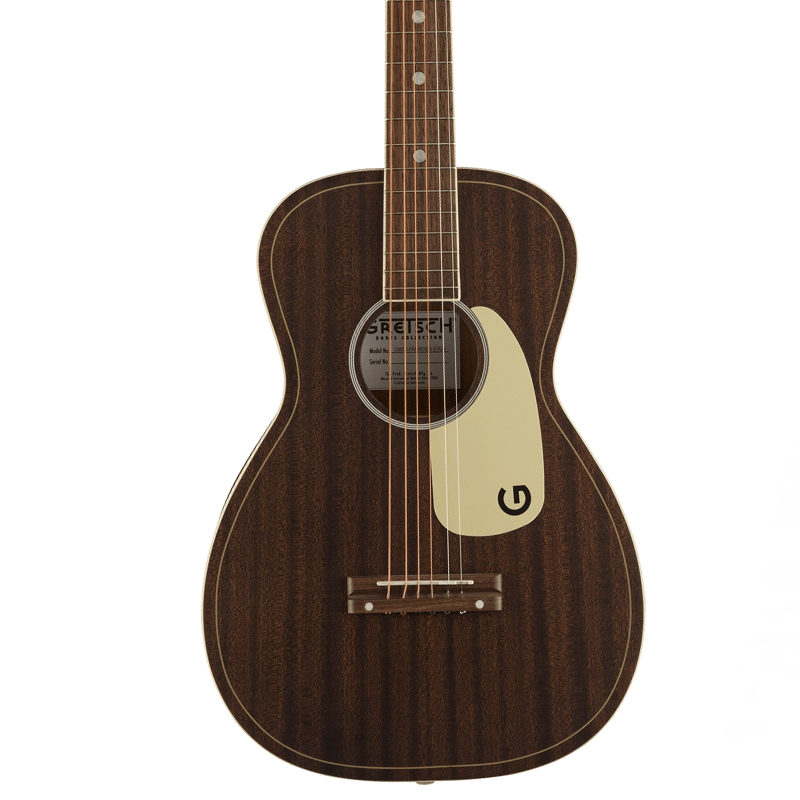
We absolutely adore the appearance of the Gretsch G9500 Jim Dandy. Its compact size and beautiful finish exude a vintage charm. However, for it to be featured, it must offer more than just good looks, and fortunately, the G9500 does not disappoint in playability and tone.
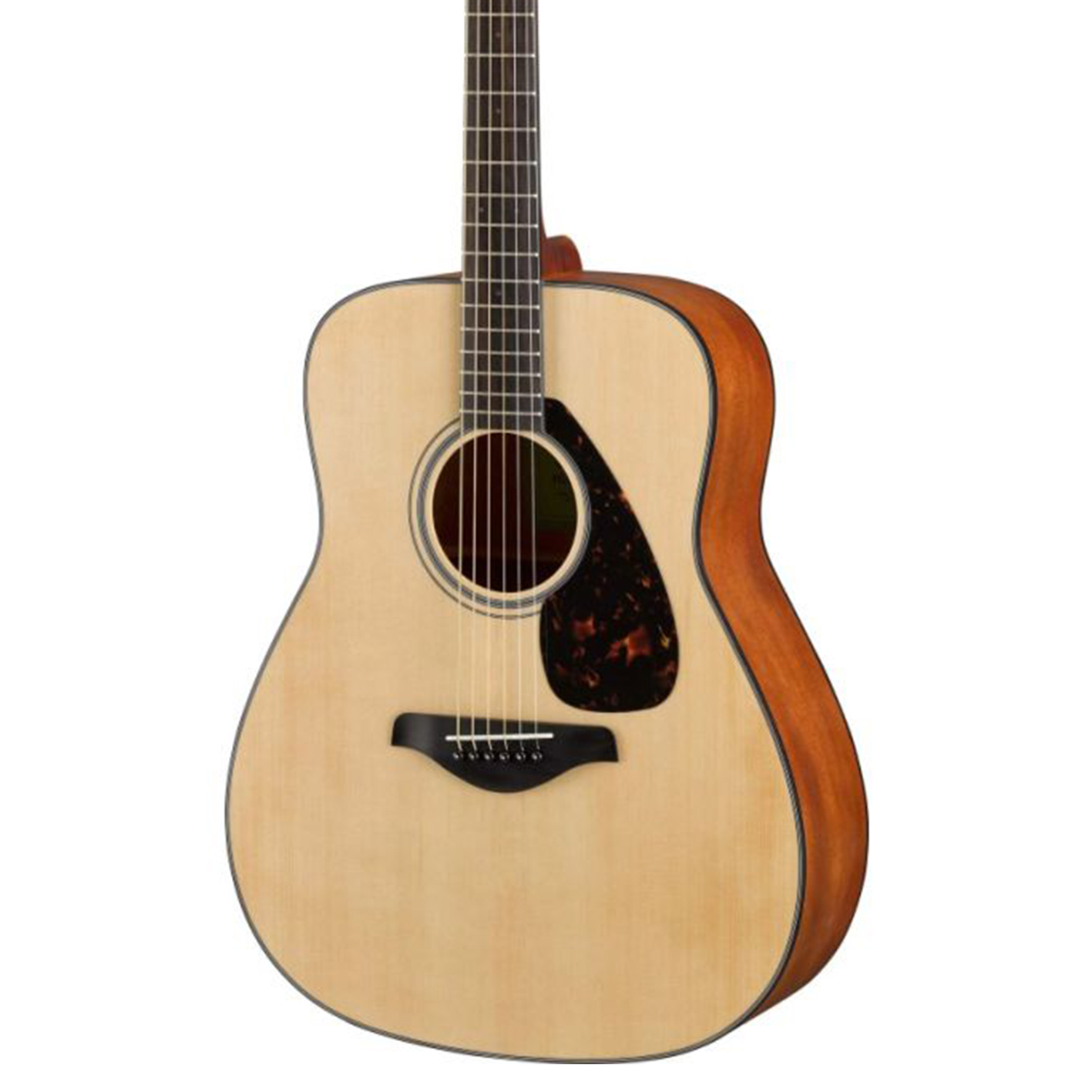
One of the lower-priced guitars we recommend, Yamaha’s FG800, is a well-established choice for beginners in the acoustic guitar realm. This instrument produces a sound that rivals that of more expensive guitars, and it reliably maintains its tune as well.
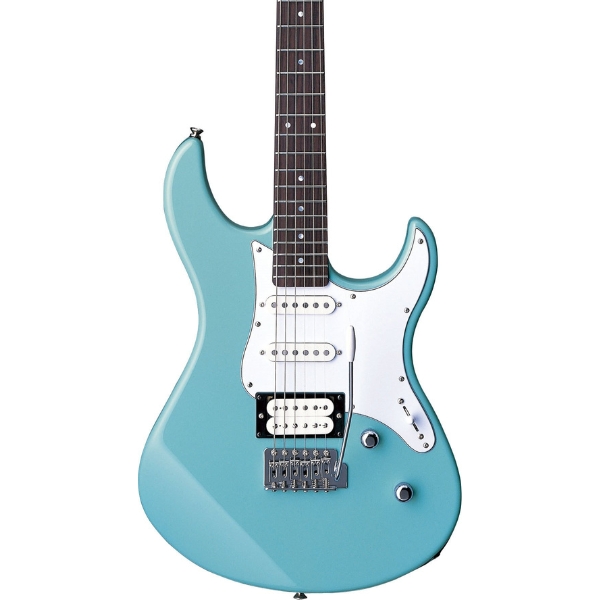
The Yamaha Pacifica 112V may not have the same recognition as bigger names like Fender and PRS, but this guitar is perfect for beginner guitar players, and its HSS pickup configuration and outstanding build quality make it an excellent value.
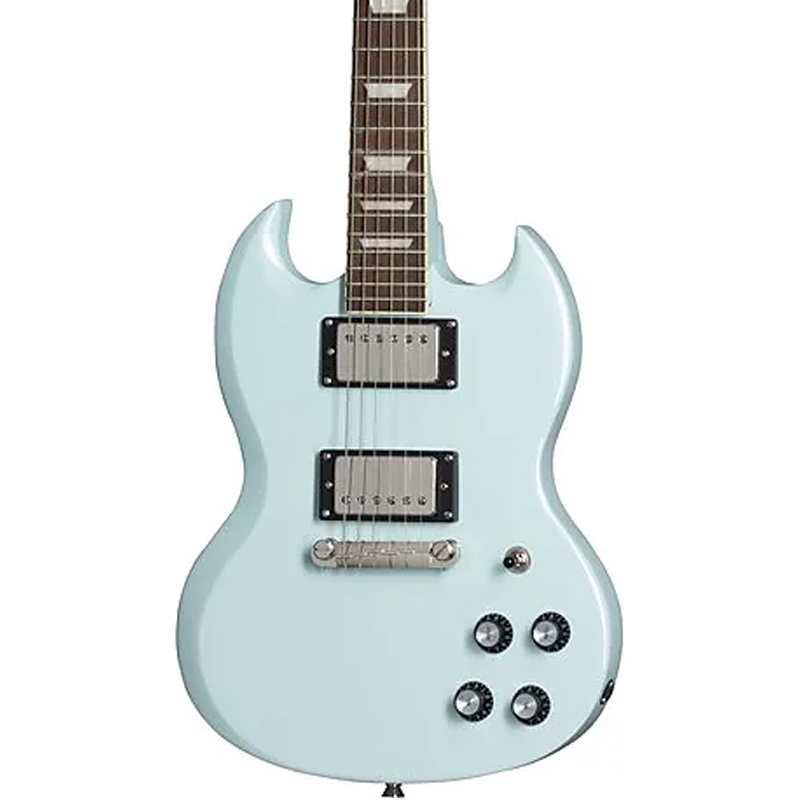
Coming in at a little over 3/4 of the original size, this SG is designed with young beginners in mind, giving them a much more accessible instrument without compromising on tone and feel. Featuring a mahogany body and neck as well as Epiphone 650R and 700T humbuckers, this tiny axe certainly lives up to its powerful name.
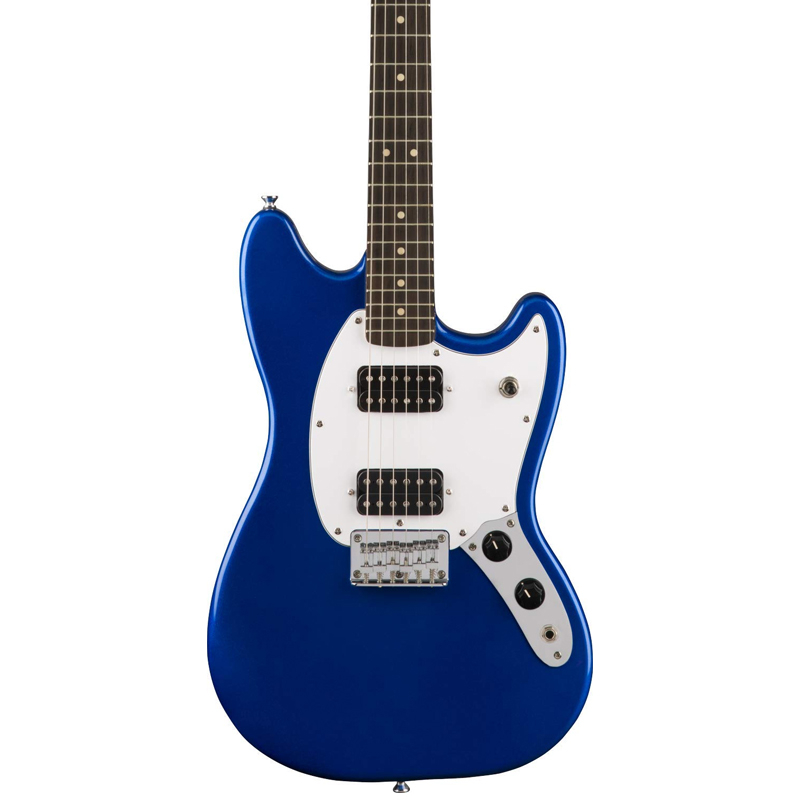
There are guitars that are used to evoke a certain tonal memory. There are guitars that provide versatility across a range of genres. And, there are guitars that are just plain, simple fun to play. The Squier Bullet Mustang is one such guitar and is almost the perfect guitar for any child or beginner.
Looking for more beginner advice? Our buyer's guides are here to help
- Play more comfortably with the best guitars for small hands
- Explore the best beginner guitar amps
- Just starting out? Check out the best beginner classical guitars
- Gear up with these guitar accessories for beginners
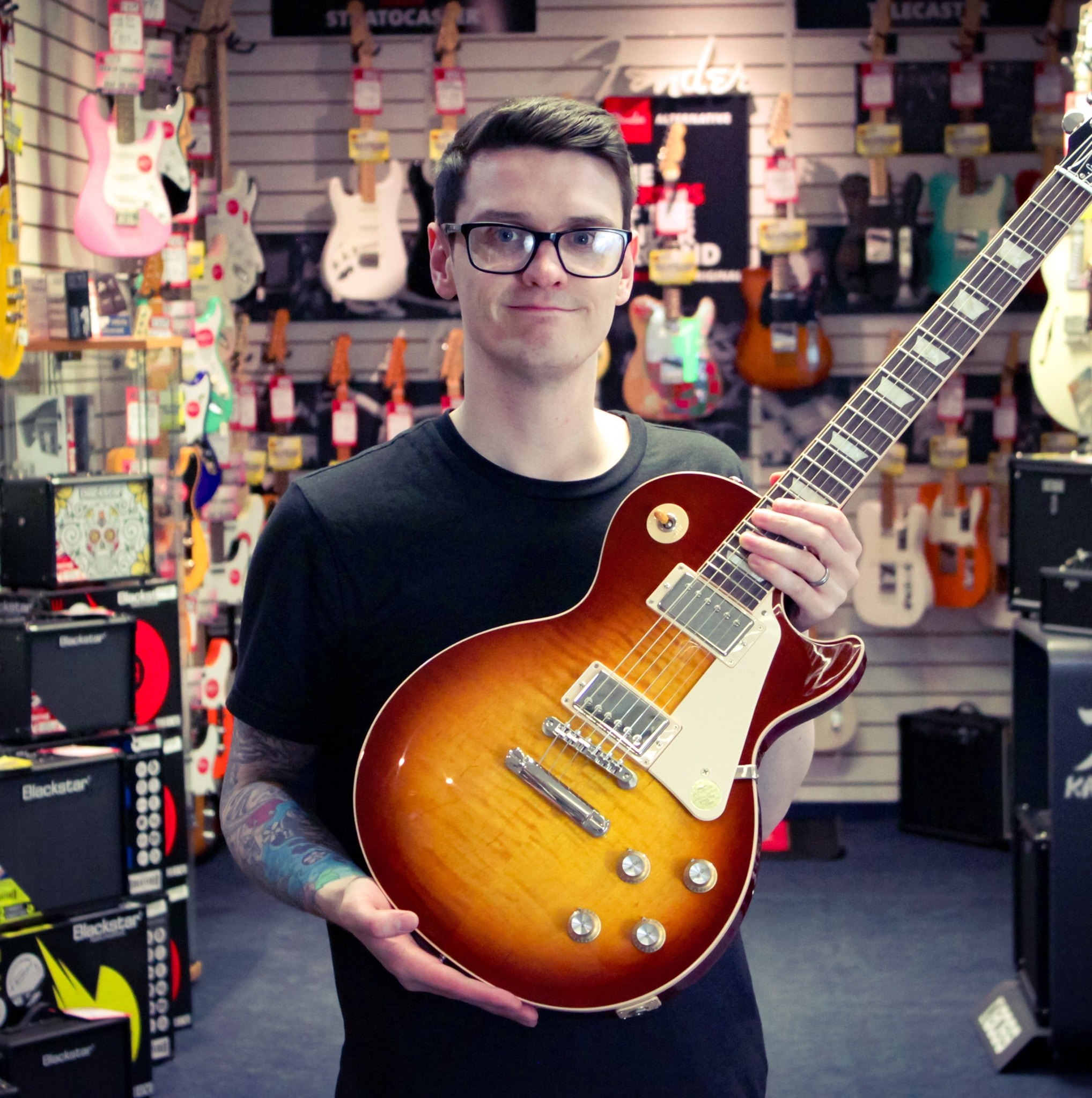
Daryl is a Senior Deals Writer at Guitar World, where he creates and maintains our 200+ buyer's guides, finds the best deals on guitar products, and tests the latest gear. His reviews have been featured in prominent publications like Total Guitar, Future Music magazine, and MusicRadar.com.
During his career, he has been lucky enough to talk to many of his musical heroes, having interviewed Slash and members of Sum 41, Foo Fighters, The Offspring, Feeder, Thrice, and more. In a past life, Daryl worked in music retail. For a little under a decade, he advised everyone from absolute beginners to seasoned pros on the right gear for their needs.
Daryl is also a fully qualified sound engineer, holding a first-class Bachelor's degree in Creative Sound Production from the University of Abertay.
“It combines unique aesthetics with modern playability and impressive tone, creating a Firebird unlike any I’ve had the pleasure of playing before”: Gibson Firebird Platypus review
“I met Joe when he was 12. He picked up a vintage guitar in one store and they told him to leave. But someone said, ‘This guy called Norm will let you play his stuff’”: The unlikely rise of Norman’s Rare Guitars and the birth of the vintage guitar market









